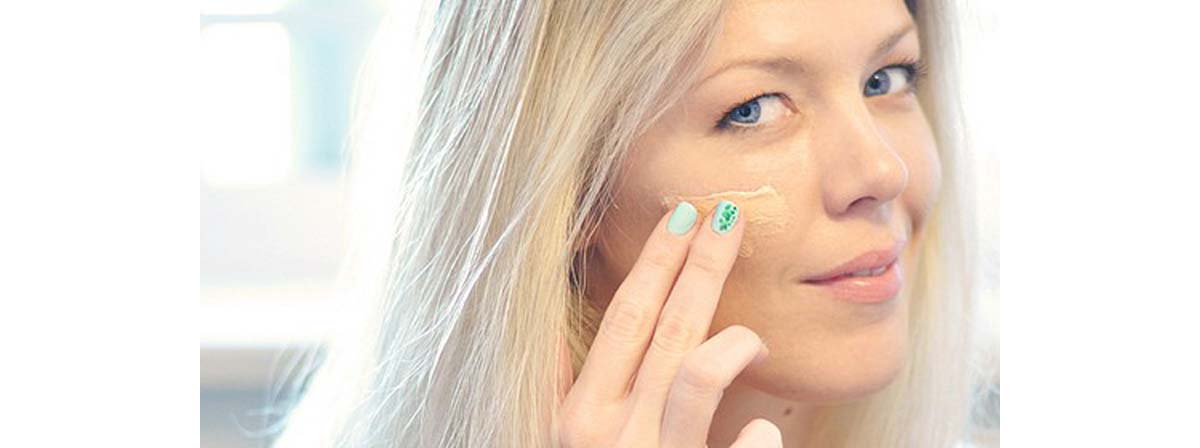Table of Contents
Experts all agree that because summer skin is usually dehydrated and dry, you need to slather on plenty of moisturizer to try to restore your skin's natural moisture balance. For some people, moisturizing every day and night is all you'll need. But if your skin is still leathery, dry and just a bit tired-looking, you'll need to ramp up your routine.

Exfoliation is Key
It might sound counter-intuitive, but according to dermatologist (director of aesthetic training for G. M. Collin skin care) Karen Asquith, exfoliation is key when it comes to moisturizing your skin. If the outer layers of skin are severely damaged, moisturizer won't be able to penetrate into the deeper layers of the skin and so it won't combat dryness. Instead, it'll just sit on the top layers of skin and although your skin might feel softer for a little while, within a few hours, it'll go back to being dry and leathery.
Gently, Gently
It is important though that you stick to a gentle exfoliator. Steer clear of scrubs with apricot stones or sea salt in them as they could damage your skin further, causing tiny tears. Instead, choose gentle scrubs and exfoliators to slough away dead skin cells on the top layer of skin.
Soft sugar scrubs (make one yourself with some caster sugar and olive oil) are a great choice, according to skin care expert Barbara Shumann-Ortega, as they banish dead skin cells on the very outer layers of skin without damaging healthy skin underneath.
My Skin Is Inflamed - What Should I Do?
Another common autumn skin complaint is red, irritated skin, often caused by insect repellents — particularly insect repellents that contain the active ingredient DEET. DEET is really good at keeping the creepy crawlies at bay, which means your skin will be free of bites, but it has its downsides. If you spend all summer doused in these repellents, and if you apply them to skin that is already damaged in some way, you might develop a skin complaint known as dermatitis.
To calm redness and soothe irritated skin, heavy-duty moisturizers might sometimes be enough, but you might need to see your doctor for a 1% cortisone cream to really banish the problem. And if you still need to use insect repellents through the autumn, make sure you use a heavy moisturizer before applying the repellent as a barrier cream and then shower the repellent off as soon as you're able to.
Your Perfect Autumn Skin Care Regime
Firstly, use a gentle glycolic acid facial cleanser (if you have time, steam your face beforehand to open your pores). Next, use a gentle facial scrub and rinse off, then apply a skin-nourishing moisturizer or skin serum (serums are a little lighter than moisturizers which are great for those with sensitive skin). Repeat every day and make sure you include an SPF cream in your regimen to prevent further damage - you don't want to put all of that hard work into soothing your skin only to reverse it with a sunburn!
- healthmeup.com/photogallery-healthy-living/skin-care-air-conditioning-causes-skin-damage/15586/7
- www.webmd.com/beauty/sun/sun-exposure-skin-cancer
- www.wisegeek.org/what-are-free-radicals.htm
- www.webmd.com/beauty/sun/primer-summer-skin-repair?page=3
- Photo courtesy of Diana Postolachi by Flickr : www.flickr.com/photos/13807359@N08/2358016646/
- Photo courtesy of Maegan Tintari by Flickr : www.flickr.com/photos/lovemaegan/6834946096

